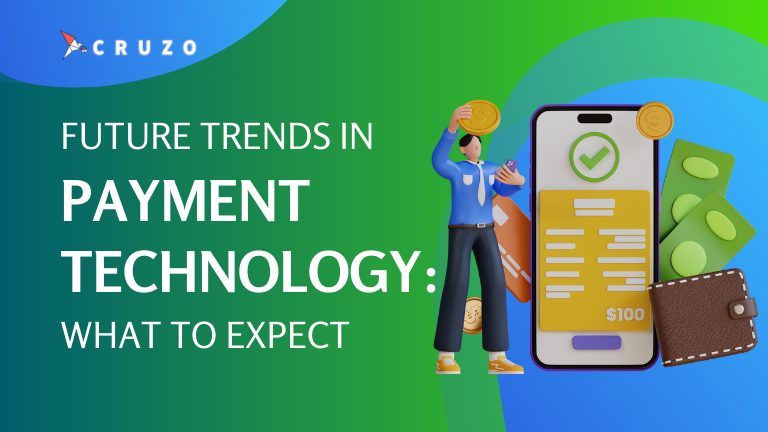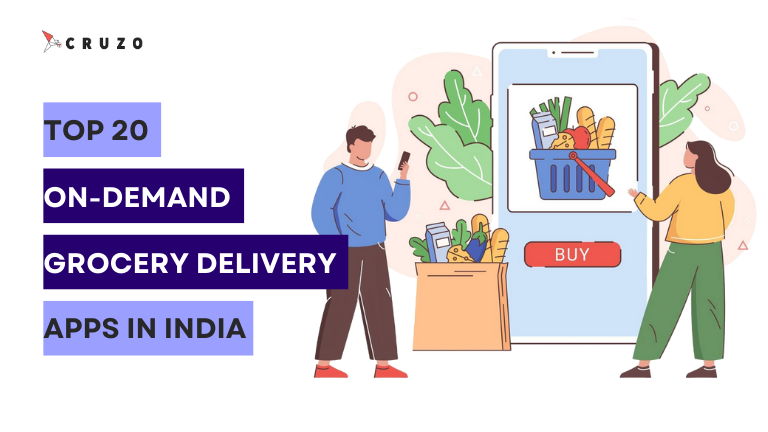
People have embarked upon a transformational journey of digitized finances with the latest innovations. From e-wallets to cryptocurrency, consumers have aligned their interests with alternative payment methods. So, what does payment industry trends currently lists to indicate immense growth? Let’s find out those trendy notes right now.
Wearable Payment Devices
Wearable and “payable” make it super capable. Well, the rhyming may not sound fun, but the technology definitely chips into modern choices of payment and payment industry trends. Thanks to NFC (Near Field Communications) Technology, Smartphones and wearable devices enable contactless payments for users.
Popular players in the segment like Apple Watch, Samsung Gear and various fitness trackers feature NFC technology for making payments. Samsung goes a step ahead with its MST or Magnetic Secure Transmission technology for transmitting payment information.
This Marketwatch PR projects the worldwide market size of wearable fitness trackers to reach USD 12.7bn by 2026. Meanwhile, global contactless payment market size is expected to grow at a CAGR of 11.7% to reach USD 18bn by 2025.
BNPL (Buy-Now-Pay-Later) or Deferred Payments
BNPL or deferred payments is one of the tempting payment industry trends. Consumers can choose BNPL while checking out online or using an app. It splits the cost into a bi-weekly or monthly payment schedule of four fixed payments.
The advantages of BNPL like immediate approval, no interest or finance charges, no credit inquiry, etc. make it suitable for people who handle their finances judiciously. However, late payments may convince BNPL companies to report to credit reporting companies, which may have adverse effects later on.
AI and ML for Predictive Banking
Banks can apply artificial intelligence and machine learning technology with payment solutions to analyze customer’s spending habits and predict future banking activities. Tools embedded with AI will enable consumers to handle recurring payments, money-saving payment modes, and so on.
Banking organizations and non-banking financial institutions can comply with regulatory requirements by using AI-based technologies. Financial regulatory bodies have already employed cutting-edge monitoring technologies to keep a check on transactions for crimes like terrorism, money laundering, etc.
P2P Payments Technology
The world has witnessed a rapid increase in peer-to-peer (P2P) transactions for easy payments. Individuals find P2P payments via mobile apps quick and painless for splitting a dinner bill, paying rents to the landlord, paying back some borrowed money, or any other small transfer of funds.
Since the payment network utilizes mobile phone numbers or email addresses for transferring money, it reduces the hassle associated with sending or receiving money. Some popular P2P payment apps include Apple Pay, Samsung Pay, GPay, PayPal, and various digital wallets.
Cryptocurrency Payments
Will you trust third-parties like banks and civil-law notaries or cryptocurrencies that eliminate intermediaries? We have entered the age of virtual cash dealings and have fiery arguments on either side. Instead of taking any side now, we can see the future of payments changing under cryptocurrency.
Anonymity and digital signature on random series of letters and numbers keep everyone guessing in cryptocurrency. But, some progressive mindset can introduce checks and balances to make cryptocurrency acceptable to everyone in the future.
The global user base of cryptocurrency has increased nearly by 190% in 2018-20. As Bitcoin Wallets get a boost in different parts of the world, payments in crypto currencies may increase exponentially.
The Future of Payments
Payment industry trends indicate the bright future of fast and contactless payments. Since new payment technologies bolster chances of both small and large transactions, people will have flexible payment options to handle their finances. Intelligent payment systems pave the way for accountable financial transactions in a discrete and secured manner.
For any technology needs, please contact us here.








